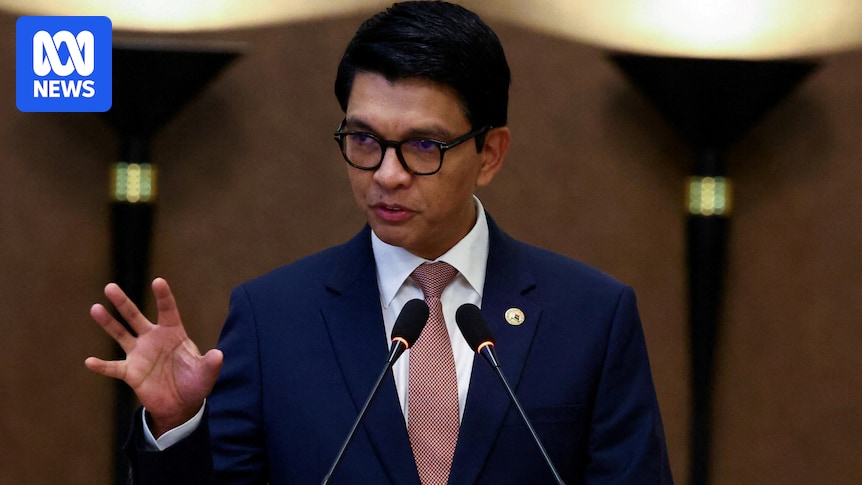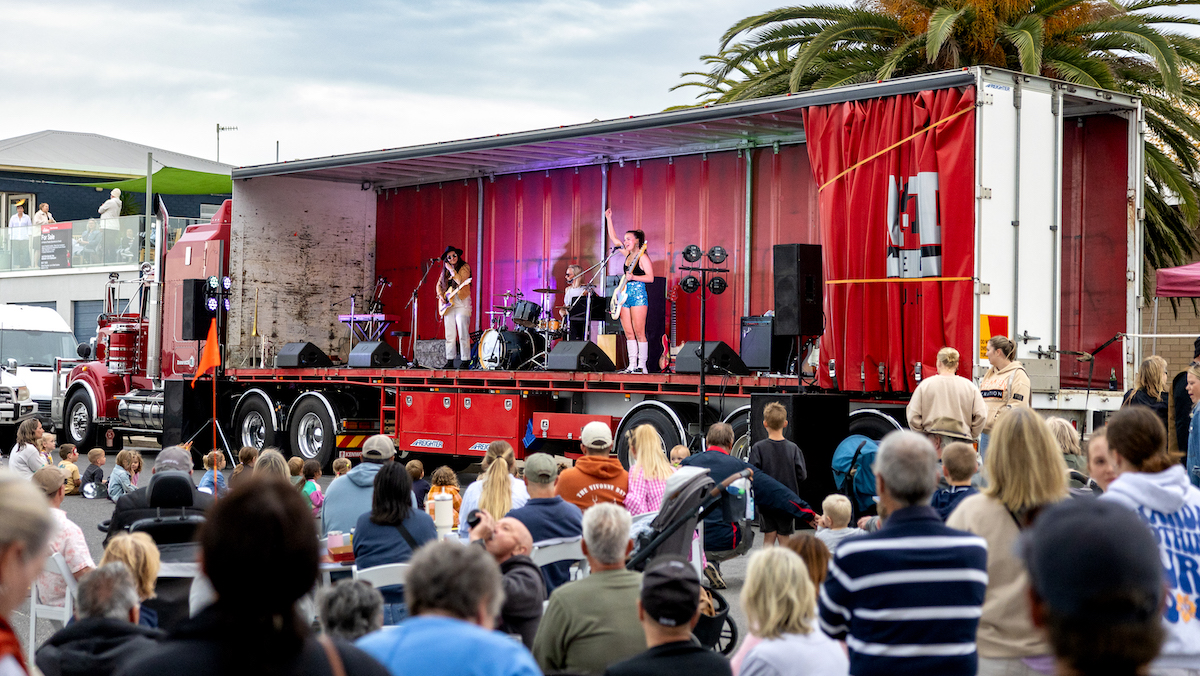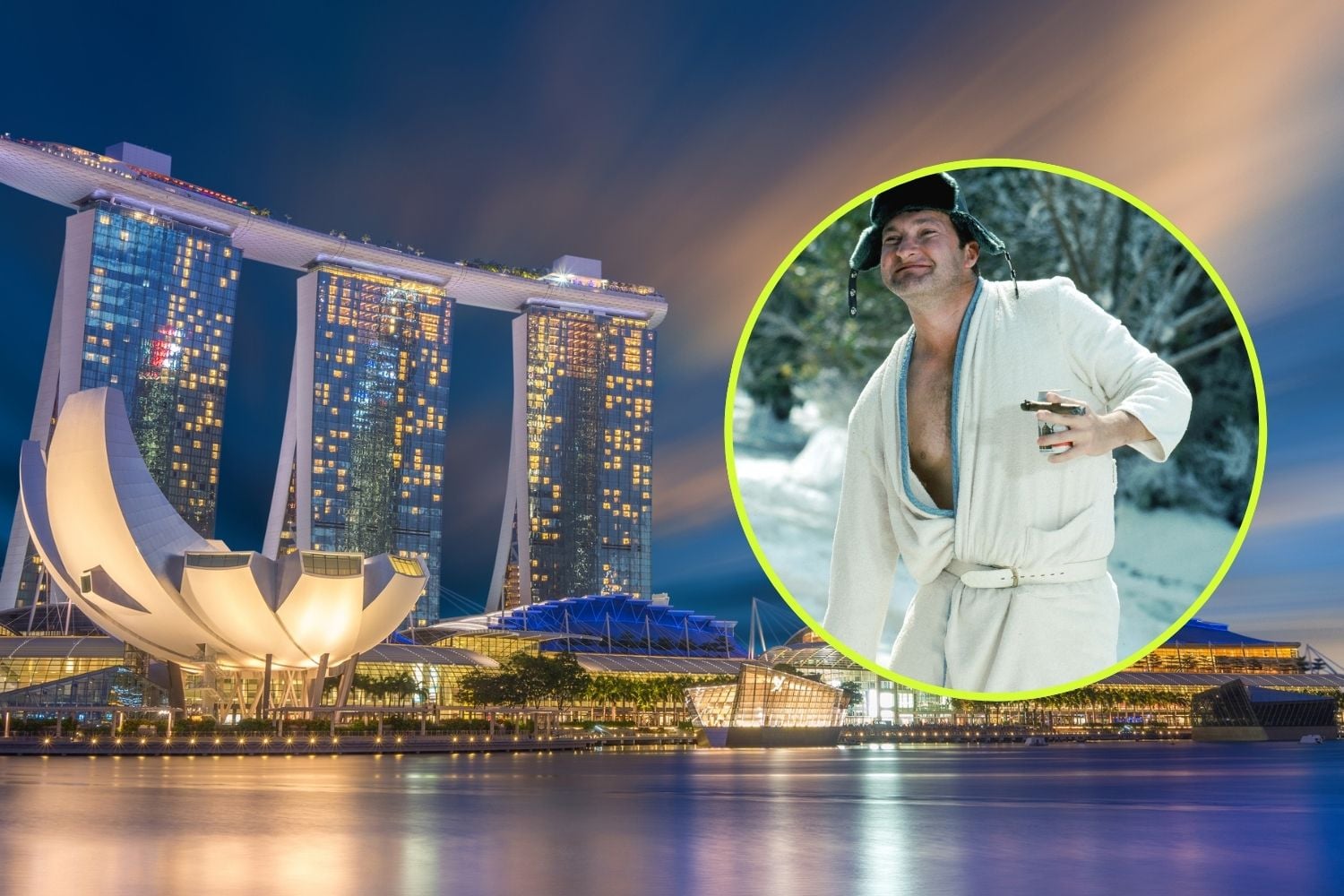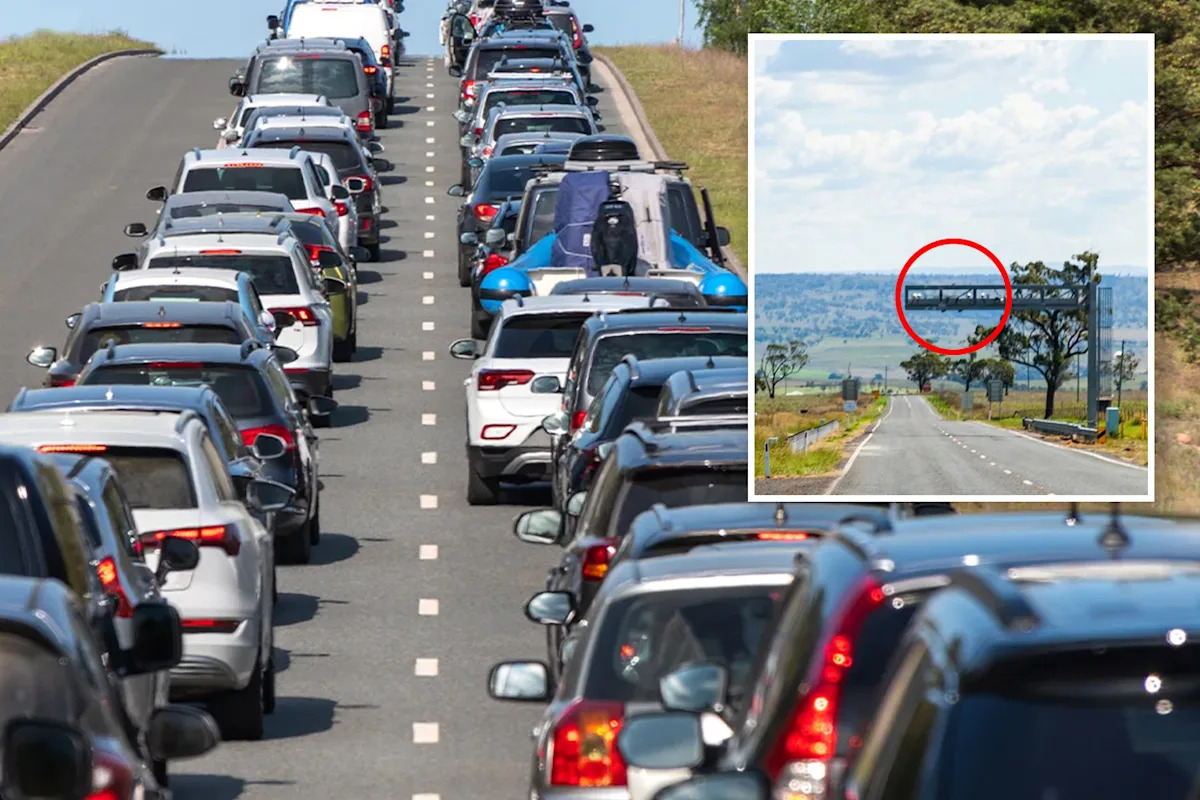
Madagascar’s President Andry Rajoelina has fled the country on a French military plane amid escalating protests, which have seen an elite military unit join demonstrators in opposition to his government. The dramatic departure marks a significant escalation in the political crisis that has gripped the island nation.
Siteny Randrianasoloniaiko, the opposition leader in parliament, confirmed to Reuters that President Rajoelina left Madagascar on Sunday. “We called the staff of the [president] and they confirmed that he left the country,” Randrianasoloniaiko stated, adding that the president’s current location remains unknown. The president’s office has not responded to requests for comment.
President’s Defiant Address
In a Facebook broadcast late Monday, President Rajoelina addressed the nation, asserting that he had relocated to ensure his safety. Although he did not disclose his whereabouts, he remained defiant, declaring he would not “allow Madagascar to be destroyed.” A diplomatic source later indicated that Rajoelina is resisting calls to step down.
Reports from a military source revealed that Rajoelina left the former French colony aboard a French military aircraft. French radio station RFI reported that a deal was struck with French President Emmanuel Macron. However, Macron, speaking from Egypt after a summit on the Gaza ceasefire, stated he could not immediately confirm France’s involvement in Rajoelina’s departure.
“Constitutional order must be preserved in Madagascar,” Macron emphasized, acknowledging the grievances of Madagascar’s youth but warning against military exploitation.
Protests and Military Involvement
The protests, which began on September 25 over water and power shortages, have quickly evolved into a broader uprising against corruption, poor governance, and inadequate basic services. The unrest mirrors similar movements against ruling elites in countries such as Nepal and Morocco.
President Rajoelina’s isolation deepened after losing the support of CAPSAT, an elite military unit that played a crucial role in his rise to power during the 2009 coup. Over the weekend, CAPSAT joined the protesters, escorting thousands in the capital’s main square, Antananarivo. The unit later announced it was assuming control of the military, appointing a new army chief, which prompted Rajoelina to warn of an attempted power grab.
At least 22 people have been killed in clashes between protesters and security forces since the protests began, according to the United Nations.
Public Sentiment and Economic Struggles
On Monday, thousands gathered in the capital, demanding Rajoelina’s resignation. Among them was Adrianarivony Fanomegantsoa, a 22-year-old hotel worker, who expressed frustration over economic hardships. “In 16 years the president and his government have done nothing except enrich themselves while the people stay poor,” he told Reuters, highlighting the widespread discontent over the government’s failure to address economic disparities.
The protests have drawn comparisons to other global movements where citizens have risen against entrenched political elites, demanding accountability and reform. The situation in Madagascar underscores the challenges faced by many developing nations grappling with governance issues and economic instability.
Implications and Future Outlook
The departure of President Rajoelina raises questions about the future of Madagascar’s political landscape. With the military’s involvement and the growing public demand for change, the country stands at a crossroads. The international community, including France, will likely play a crucial role in mediating a peaceful resolution to the crisis.
As the situation unfolds, the focus will be on whether a new leadership can emerge that addresses the grievances of the Malagasy people and restores stability. Observers will be watching closely to see how the military’s role evolves and whether the protests will lead to meaningful political reforms.
For now, Madagascar remains in a state of uncertainty, with its citizens hoping for a resolution that brings about lasting change and improved governance.






